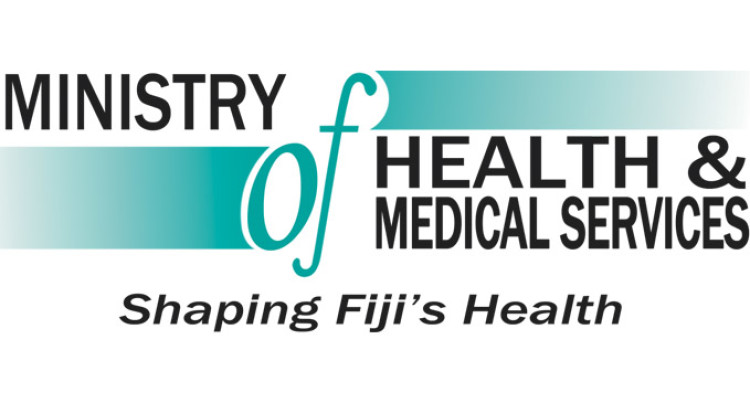The four confirmed cases of meningococcal disease in the Central Division, diagnosed between April 21 and May 5 have shown that these cases were caused by serogroups (bacteria) B, Y, and W135.
A release from the Ministry of Health confirmed las tests resulted in the above findings.
“Investigations also confirmed that the cases are not epidemiologically linked, meaning the individuals had no known contact with one another during their incubation or illness periods. Therefore, it does not meet the criteria for an outbreak,” MOH said.
“In response to these cases, the Ministry has taken immediate actions in administering prophylactic antibiotics to close contacts of confirmed cases to limit further spread and strengthen surveillance in high-risk communities to detect and respond to potential new cases.
“Conducting public awareness campaigns through various media platforms to educate members of the public symptoms, prevention, and early medical intervention. “
The release added that health officials were also monitoring close contacts of the four cases with no secondary cases detected so far in the Central Division or among the close contacts of the confirmed cases since.
“In addition, capacity building sessions for health staff members on case identification using standard case definitions, clinical management, and public health responses have been undertaken in the last two weeks, and more sessions are planned for the coming days.
“The Ministry is working with its partners to increase the availability of vaccines in stock to be used for the population at risk in Fiji. We will inform members of the public once vaccines are available at our health facilities.
“Members of the public are strongly encouraged to recognize early signs of meningococcal disease such as fever, severe headache, neck stiffness or rash and to seek prompt medical attention, as early diagnosis and treatment are critical.”



